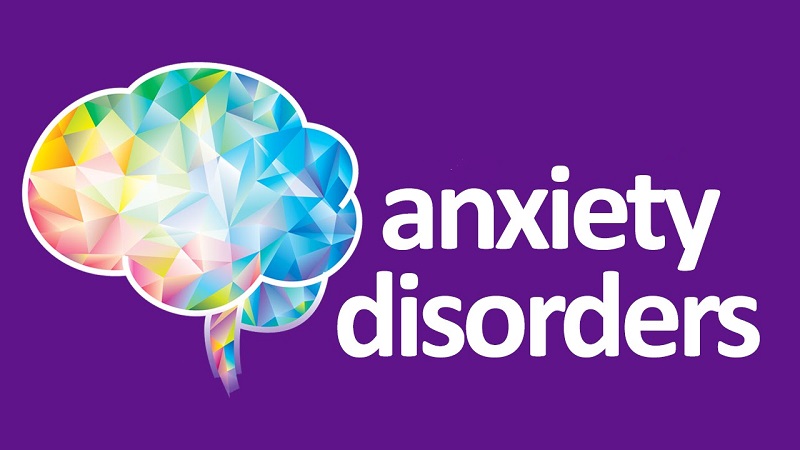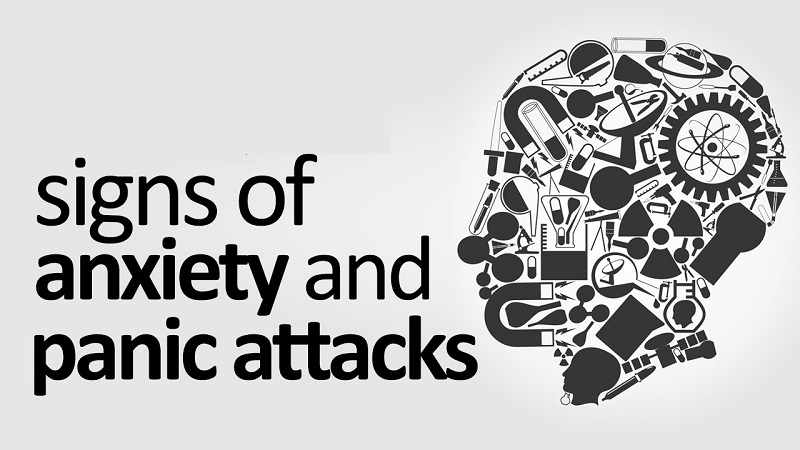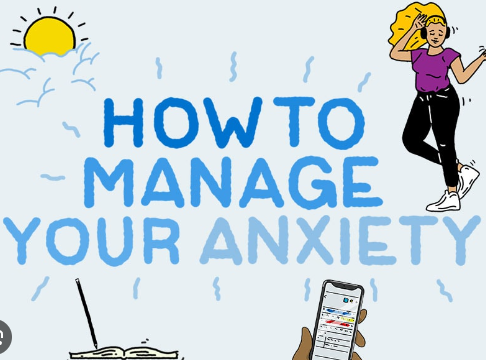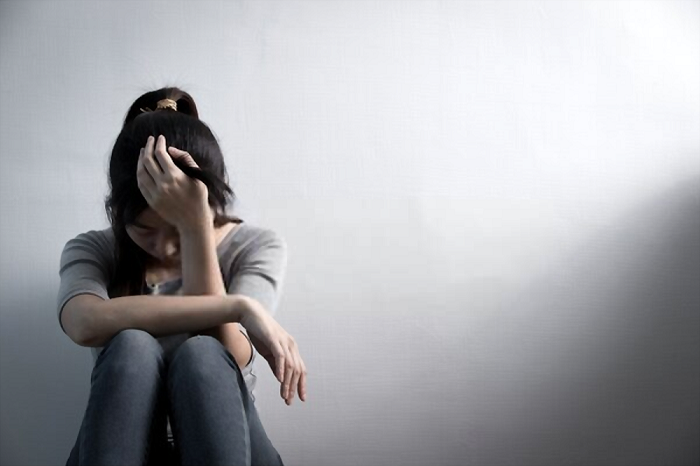Many people today suffer or have suffered an episode of anxiety, which not only manifests itself with psychological symptoms but also with physical symptoms, and in order to combat it, you must have a correct knowledge of this pathology in order to achieve an effective improvement. The best way to combat it gradually, there is no miracle method that cures anxiety overnight, but there are many tools that can help you, and the first thing you should know is anxiety.
What is anxiety?
Anxiety is nothing more than an emotion, which is found in our body as a means of self-defense and alert to face a situation of danger, to feel anxiety to some extent is beneficial since, in fact, it is a normal adaptive response of our body that we Prepare to react appropriately.
Anxiety can appear abruptly, or as a trigger for some event or trauma that gives rise to this condition and it is the health professional who determines its etiology, can also be called as panic attacks when we are no longer able to control the reactions it triggers, I.e. at this point that can be called a disorder as it would affect our activities of daily living and even become incapacitating.
Symptoms of anxiety or panic attacks
There are certain warning signs that may indicate that you are facing an anxiety disorder, perhaps not all of the following list. But they can help you identify if you are suffering from anxiety.
You may also like to read: Depression, when an energy problem
When a person manifests these symptoms, and they become very repetitive, he probably is not able to get those thoughts out of the mind, therefore, it is very important that you go to the doctor since it is only the one who can help you, both with the diagnosis as with the appropriate treatment.
- You feel that your heart is accelerating; this is called tachycardia and is due to an abrupt increase in blood pumping.
- Difficulty concentrating and memory
- Choking sensation
- Tremors
- Feeling numb in the hands and legs
- Cloudy vision
- Difficulty in digestion
- Feeling of tightness at the thoracic cage
- Exhaustion
- Inability to fall asleep
- Sickness
- Dizziness
- Excessive preoccupation with normal everyday situations
- Repetitive thoughts
- Fear of being in very open spaces or enclosed spaces
- Fear of relating to others
Anxiety and physiotherapy
From the physiotherapeutic point of view, there are many recommendations that you can take into account, since all this symptomatology triggers a series of physical reactions that alter all the systems of the organism, call respiratory, digestive, circulatory, skeletal muscle, nervous, among others.
You may also like to read: You are depressed or just sad?
For example, at the respiratory level, the patient tends to remain in an inspiratory attitude whereby the thoracic cage will remain expanded, difficulty breathing, choking sensation, contraction of the respiratory muscles both main and accessory, at digestive level all these series of Malaise generated by anxiety can trigger irradiated lumbar pains originating from the medullary segment corresponding to the organ that is in dysfunction.
To achieve an effective improvement it is important that you avoid certain things such as:
- Drugs
- Consumption of stimulant foods such as coffee, chocolate, soft drinks, etc.
- Sedentary lifestyle
- Consumption of saturated fats. Choose to consume good fats like fish, nuts, and seeds, accompanied by vegetables, fruits, and fibrous cereals.
- It tries to perform physical activity in hours away from the night, to avoid generating a state of nervous excitement in those hours which would affect to fall asleep.
5 Tips to Improve Anxiety
In the following, you will see a series of tips regarding how to combat anxiety or panic attacks through diet, breathing exercises, and relaxation, as well as a number of substances that you should avoid.
Pilates Exercises to Flex Your Arms
Remember that in anxiety all this muscular zone is affected due to the posture that triggers the sensation of choking, the apprehension, and the anguish itself of this pathology, for this reason, the importance of relaxing and mobilizing as much as possible the whole body structure. In addition, you will learn how to stretch the lumbar muscles accompanied by breathing exercises.
Pilates exercises to combat anxiety.
Mainly it is essential to perform relaxation exercises using as a breathing tool, with these exercises try to seek a body relaxation which will help you to become aware of the physical manifestations that cause anxiety, as well as achieve a mind and body connection which will help you to exercise self-control And subsequently have the ability to master an episode of anxiety or panic attack.
You may also like to read: Enjoyment, the first antidote to depression
Mobilizations of the pelvis.
Lie down on the floor and rest your legs on the ball, the Panera that rests on your back, close your eyes, take deep air through the nose as you swing the pelvis towards the sides and slowly expel through the mouth. Perform 3 sets of eight repetitions of this exercise.
Hammock.
Kneel on the floor in front of the ball and support your chest to her as you slide forward, over her. Try to rest the entire upper body on the ball from the head to the pelvis, take enough air through the nose pushes your body with your toes and gently pulls the knees off the floor. Swing your body up and down imitating the movement of a hammock, while blowing the air through your mouth with three exhaled breathalyzes. Perform 3 repetitions of this exercise.
Armful.
Sit on a therapeutic ball or fitball and slowly slide your feet forward to fully support the head on the ball, when you control this position makes circular movements with the shoulders stretching the arms, perform five repetitions and then change to the opposite direction five repetitions plus. Then move the legs forward and back supporting the back completely and thus incorporate to the sitting position on the ball.
Conclusion
Do not fall into despair; it is a work of constancy and dedication. Of course always consult with your doctor who is to recommend the appropriate treatment for you, both pharmacological and therapeutic. Remember that anxiety is a condition that does not have a magic cure. But there are many tools that can help you as is physiotherapy.
Combine these exercises with rest, meditation and above all clear your mind, this will help you to defocus yourself from the problem and think about other things look for a hobby or an activity that you like, such as painting, music, a sport, etc.
So cheer up! You can do it.








